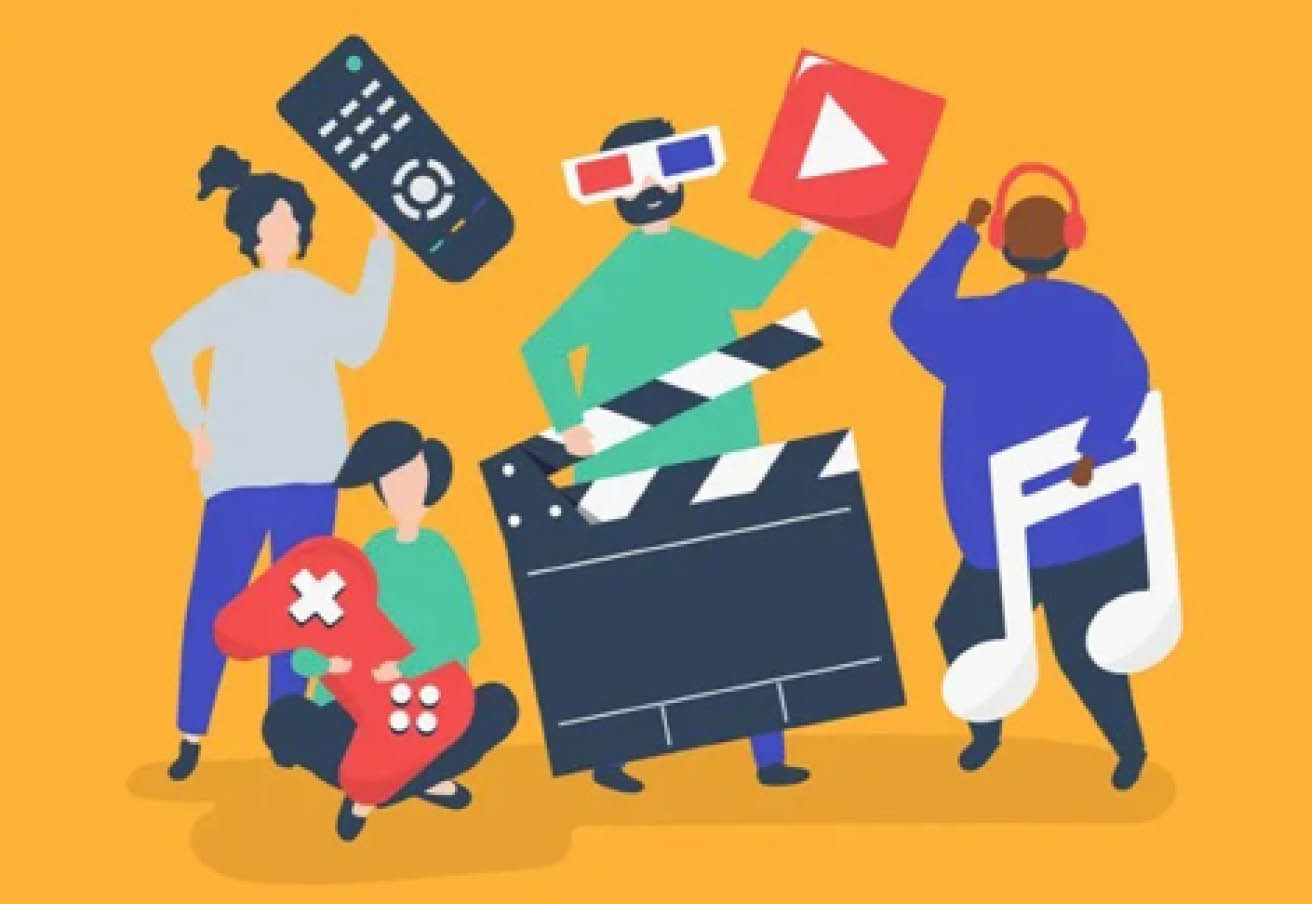U.S trains 40 journalists in fact-checking
The U.S. Embassy Abuja, in partnership with Mythos Labs, has trained over 40 journalists and content creators on countering misinformation in Nigeria. Speaking Monday in Abuja at the commencement of the two-day capacity training, Adnan Siddiqi, Counsellor for Public Affairs, U.S. Embassy, Abuja, advised journalists not to make themselves available for desperate politicians to spread […]

Media, the arts, and the most underserved Nigerians
The U.S. Embassy Abuja, in partnership with Mythos Labs, has trained over 40 journalists and content creators on countering misinformation in Nigeria.
Speaking Monday in Abuja at the commencement of the two-day capacity training, Adnan Siddiqi, Counsellor for Public Affairs, U.S. Embassy, Abuja, advised journalists not to make themselves available for desperate politicians to spread false news.
He said the project would be implemented in Abuja, Katsina, Yobe, Adamawa, Borno and Zamfara states.
He said: “Misinformation and disinformation have existed in the world ever since the invention of the printing press some 500 years ago. In fact, some historians argue misinformation began centuries before that, when man first started recording what they saw and heard on stone tablets and pieces of papyrus.
Why APC must ensure religious balance in zoning senate presidency — Sani Musa
FG calls for ease of doing business with Qatar
“Today, in the 21st century, in Nigeria, in Europe, in America and across the globe, the public craves for accurate news and information that separates fact from opinion. People want and expect news that is well-sourced and credible and that does not mislead them.
“In Nigeria, during your just concluded election, there were many unconfirmed reports circulated in the media about election results. Voters and readers were misled by the false information and it caused an immediate reaction.”
